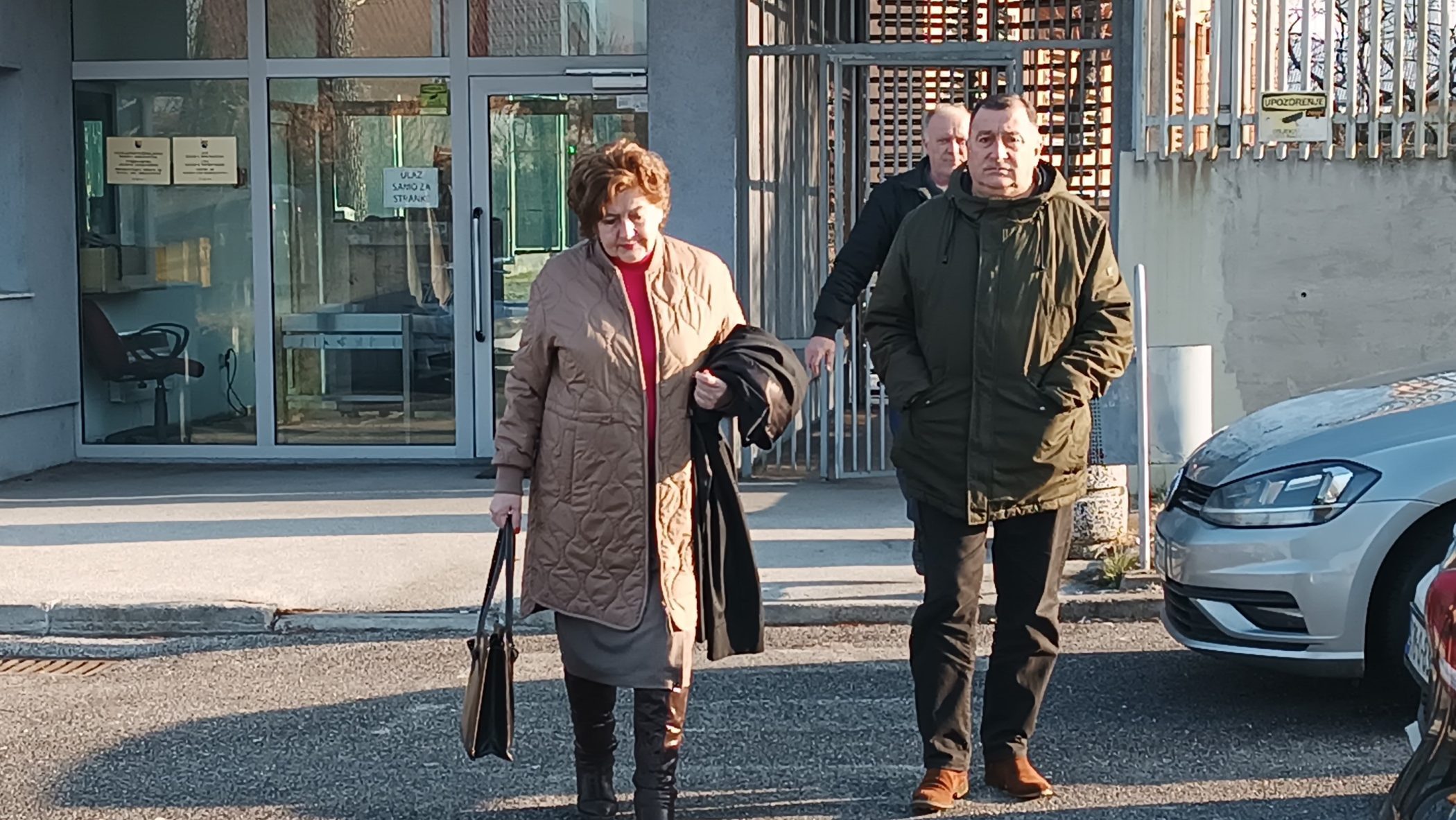This post is also available in: Bosnian
Tintor, the former president of the Crisis Committee of the Vogosca municipality, is accused of having participated in a widespread and systematic attack on the non-Serb population in the municipality from April 1992 to the end of July that year.
The prosecution alleges that, as a consequence of the crimes, almost the entire Bosniak and Croat population was deported from the Vogosca area by the end of 1992.
Tintor, who was wartime Bosnian Serb President Radovan Karadzic’s adviser and the head of his Serb Democratic Party in Vogosca, pleaded not guilty.
According to the prosecutor, numerous witnesses described an attack on the civilian population in Vogosca, which implied that it was widespread.
The prosecutor also said that a certain pattern was followed during the attack, involving the searches of houses, the seizure of weapons, arrests, unlawful detentions and murders of non-Serb civilians.
“All the detainees were civilians. The fact is that some of them had weapons, but that does not bring their status into question. They turned in their weapons voluntarily,” Nuspahic insisted.
Nuspahic said that Tintor was aware of the attack as he headed the local Crisis Committee, which had absolute power in Vogosca.
He is accused of bearing responsibility for the torture and murders of Bosniaks and Croats in detention camps and at other locations in Vogosca, and for their use as forced labour.
Nuspahic said the Crisis Committee established detention camps in the Vogosca area and appointed Brano Vlaco, who the state court previously sentenced to 13 years in prison, as their manager.
Witnesses’ testimonies and documents showed that Tintor was aware of the capture of civilians and the locations in which they were held, according to Nuspahic.
“A number of detainees were taken away in an unknown direction. Some of them have been exhumed, but the majority are still considered missing,” the prosecutor said.
He said that people from the village of Svrake were held in a military barracks in Semizovac and then transferred to Bunker detention camp and the Nakina Garaza and Planjina Kuca detention facilities.
Twenty-seven detainees were taken away from Planjina Kuca and killed, he added.
The defence is due to present its closing statement on July 16.

